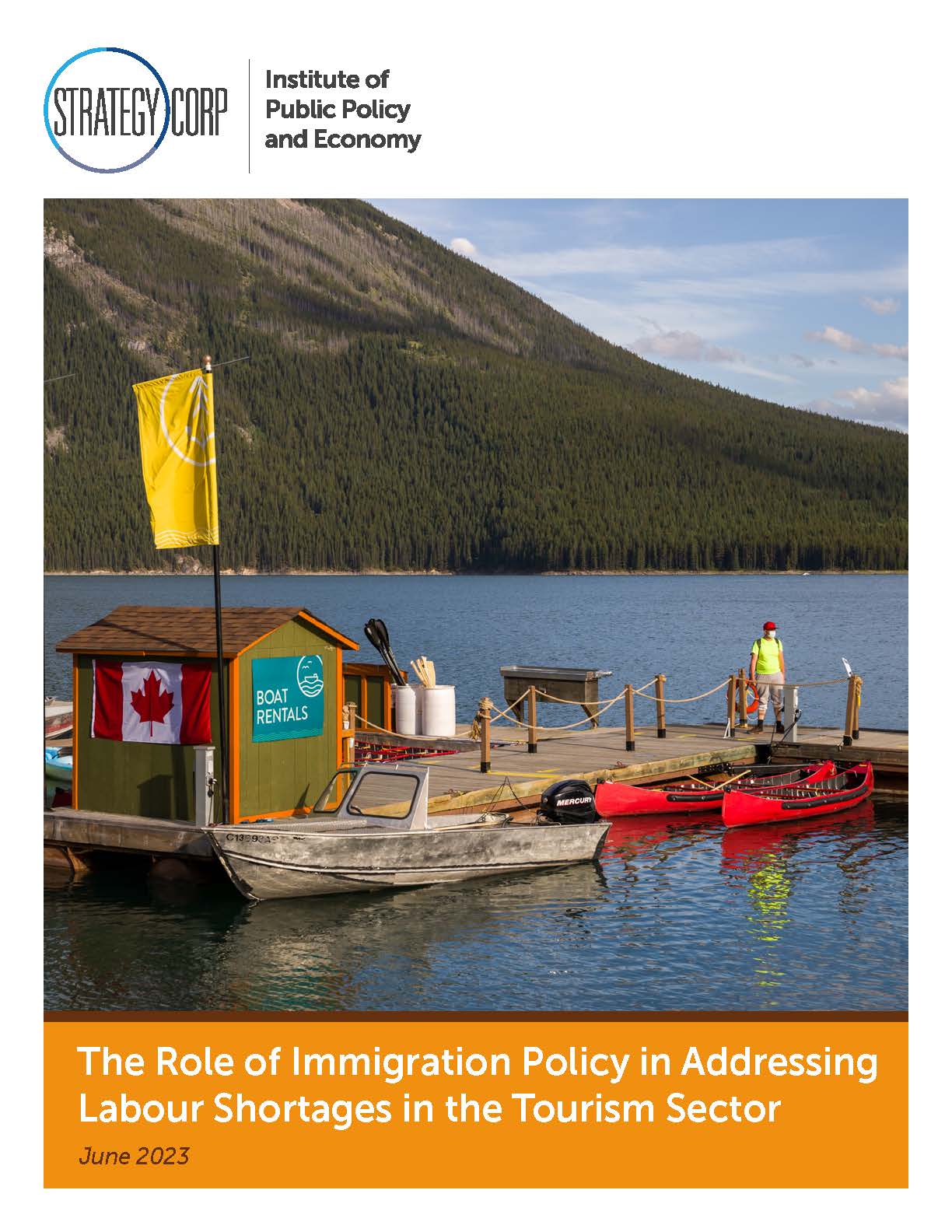Commissioned by Tourism HR Canada, this paper by the StrategyCorp Institute of Public Policy and Economy explores the role that immigration policy can play in addressing labour shortages in the tourism sector.
The report analyzes the impacts of the policy changes and initiatives implemented by the federal government and, to a certain extent, the provinces to help employers hire foreign workers in the aftermath of the COVID-19 pandemic.
As many countries around the world rely on immigration to fill labour needs in tourism, the report also reviews measures taken by other jurisdictions.
To address current and future labour shortages in important economic sectors like tourism, Canada must take a comprehensive look at its immigration policies. This paper puts forward recommendations and an action plan structured around five categories of measures:
- Immigration targets
- Process and operations
- Measures targeting specific countries and regions
- Programs for particular regions of Canada
- Specific immigration programs and streams
Note: Since the completion of this policy paper, the federal government announced additional immigration policy changes that could benefit the tourism sector.
- On June 6, 2023, Immigration, Refugees and Citizenship Canada (IRCC) announced the addition of 13 countries to the electronic travel authorization program allowing for visa-free travel to Canada.
- On June 12, 2023, the Federal Skills Job Offer Stream was officially launched under the Economic Mobility Pathways Pilot. The new stream enables employers to hire refugees and other displaced individuals coming to Canada for jobs in the tourism and hospitality sector.
- On June 15, 2023, IRCC expanded the Francophone Mobility Program to all National Occupation Classification codes except for jobs in primary agriculture.
For more information on various immigration pathways, see our Hiring International Talent infographic series.

